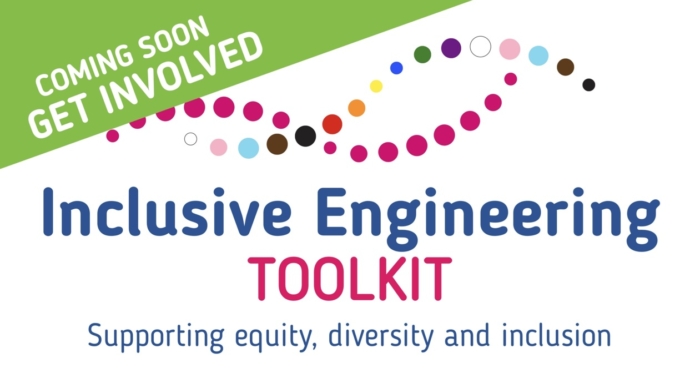 You’re a biomedical engineer working for a company that develops Brain-computer interfaces (BCI) for specialised applications. You have designed a BCI that can measure brain activity non-invasively and assess the job-related proficiency of a person. What are the physical, ethical, and social difficulties that could result from the use of devices that have the ability to directly access the brain and decipher some of its psychological content such as thoughts, beliefs, and emotions?
You’re a biomedical engineer working for a company that develops Brain-computer interfaces (BCI) for specialised applications. You have designed a BCI that can measure brain activity non-invasively and assess the job-related proficiency of a person. What are the physical, ethical, and social difficulties that could result from the use of devices that have the ability to directly access the brain and decipher some of its psychological content such as thoughts, beliefs, and emotions?
This is one of the questions posed in our Engineering Ethics Toolkit case study Neuroethics of brain-computer interfaces.
We’ve provided this and other case studies – which include classroom activities and additional resources – for you to use and adapt in your teaching. We also have a growing library of guidance articles available to support you in your teaching, and an interactive Ethics Explorer to get you started.
Want to contribute your own content to the Ethics Toolkit? Get involved here.

 You’re a biomedical engineer working for a company that develops Brain-computer interfaces (BCI) for specialised applications. You have designed a BCI that can measure brain activity non-invasively and assess the job-related proficiency of a person. What are the physical, ethical, and social difficulties that could result from the use of devices that have the ability to directly access the brain and decipher some of its psychological content such as thoughts, beliefs, and emotions?
You’re a biomedical engineer working for a company that develops Brain-computer interfaces (BCI) for specialised applications. You have designed a BCI that can measure brain activity non-invasively and assess the job-related proficiency of a person. What are the physical, ethical, and social difficulties that could result from the use of devices that have the ability to directly access the brain and decipher some of its psychological content such as thoughts, beliefs, and emotions?


